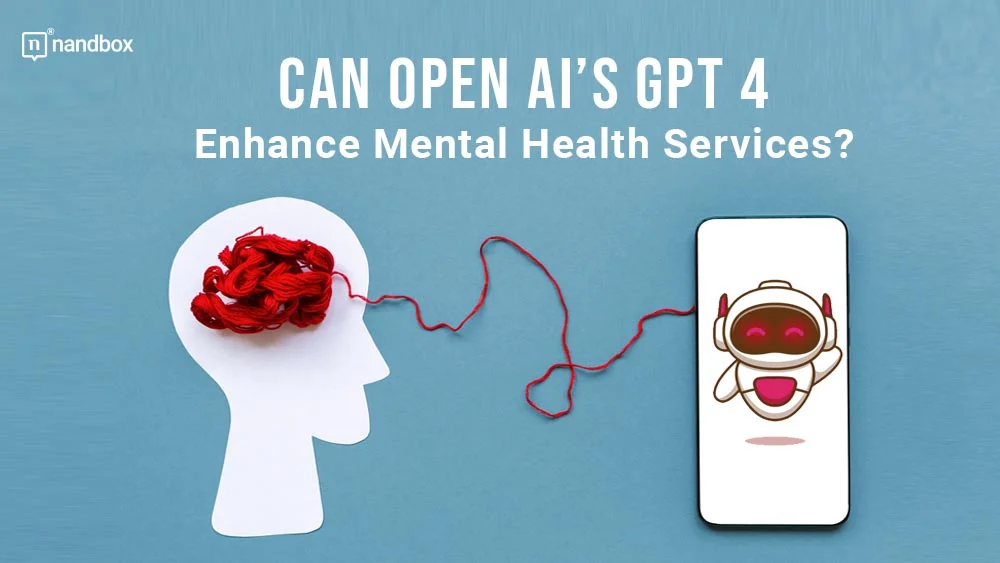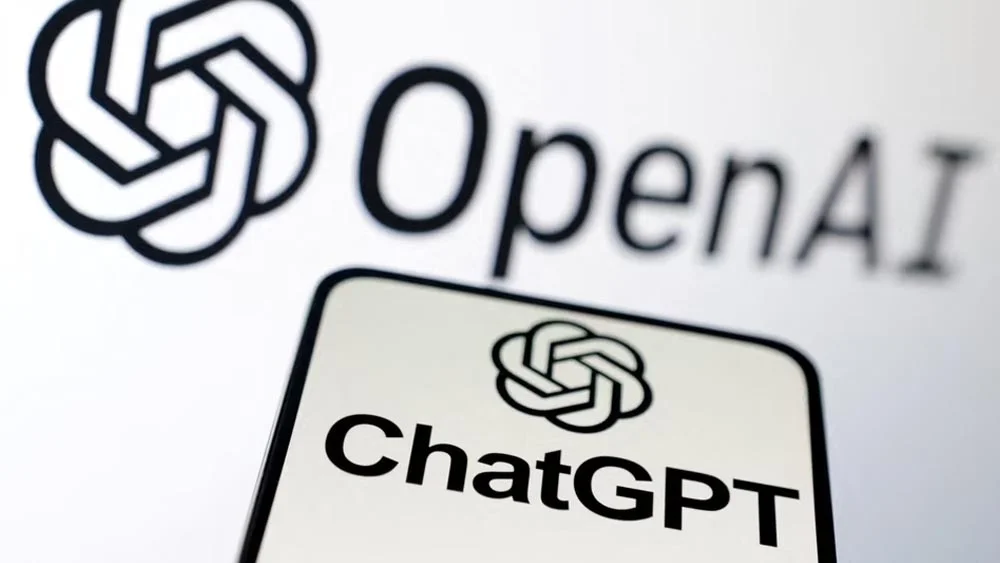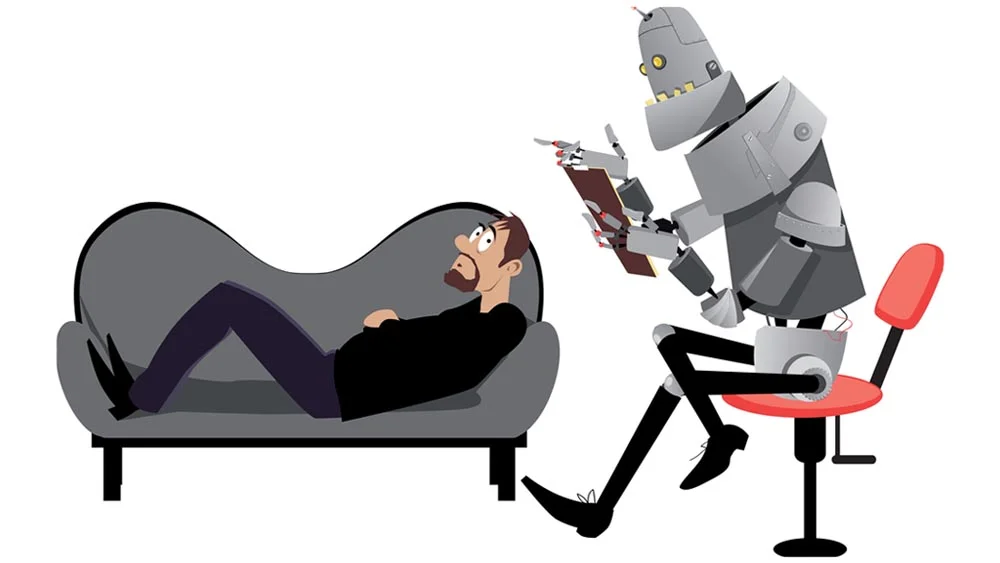One of the best things about the current age is that people are gaining more mental health awareness. Unfortunately, though, getting therapy and adequate support is expensive. For that reason, people are searching for alternatives. A new opportunity presented itself in new AI systems, like Open AI’s Chat GPT 4. Both therapists and patients consider utilizing them to offer or enhance treatment. The inevitable question is whether using AI for therapy is effective and safe. This article discusses using GPT-4 as a mental health service.
What is Chat GPT 4?
Open AI’s Chat GPT is a chatbot powered by AI. They released a few versions; the most popular are the GPT-3.5 and GPT-4. Both use the GPT-3.5 and GPT-4 language models in their operations. The chatbots are trained by taking in massive amounts of text information.
While GPT-3.5 certainly impressed many, its limitations prevented it from dazzling everyone. There were social and racial biases, and the answers were wrong a lot of the time. This is because the chatbot ingested information without verifying its accuracy. After all, it’s not a human being that can judge when something is offensive to say. GPT-3 also had creativity and interpretability limitations, which improved with the new GPT-4.
With the introduction of Open AI’s GPT-4, GPT-3 lost some of its sparks. While the new chatbot may be susceptible to biases and hallucinations (incorrect data), it is still far more accurate, imaginative, and perceptive than its predecessor.
How GPT-4 Can Enhance Mental Health Services
- People, especially the younger generations, find healing a bit easier when they get knowledgeable about their ailments. GPT-4 can generate informative content to help people learn more about sensitive topics. It can also motivate people to become more aware of their conditions and seek professionals if necessary. Professionals will surely have to read the content and weigh in with their expertise before it’s used.
- GPT-4 could examine a person’s written or spoken words for correlations and patterns that might indicate a mental health problem. It can also use its extensive vocabulary to summarize and report on large datasets, such as patient interviews. Patients could read these summaries under supervision.
- It’s not a simple task for a therapist or psychiatrist to make decisions related to mental health care. The therapist could run the diagnosis or the symptoms by GPT-4 and ask for advice on how to move forward with the case. Needless to say, that sound judgment needs involvement when the therapist is using the chatbot.
- We all need therapy, but it’s not accessible for everyone. GPT-3.5 and 4, however, are available 24/7. Users have tried using chat GPT for therapy sessions as a way to vent to something that would listen and give its input. The results were mostly positive, unlike other AI chatbots that were potentially dangerous to use for that purpose.
Use Case
A 19-year-old tiktoker from California reported that she tried to use Chat GPT for therapy. It started with a disclaimer from the bot that it’s not a professional or licensed therapist that can diagnose or offer medical advice. The bot assured Kyla that it could help and listen to her, though.
Kyla loved the experience because she could trauma dump anytime, and the bot would give an insightful reply and help her move on with an unbiased response. She added that GPT helped her navigate a breakup. It’s an interesting case. However, it’s worth noting that all Kyla needed was to vent her feelings.
Proceed…with Caution
Unfortunately, there’s not enough data for the long-term use of AI-powered therapy, seeing that the field of AI is fairly new. This is a delicate situation because a person who is struggling likely has a pessimistic worldview, which can be exacerbated by the wrong choice of words. Another AI chatbot reportedly influenced a Belgian man to take his life. The 6-month chat between the deceased and the chatbot started becoming disturbing at some point, with the chatbot feeding delusions into his brain and convincing him to give in to his suicidal tendencies. So, as you can see, it can help, but the risk isn’t always worth it.
Another ethical reason not to share secrets with an AI-powered chatbot, like GPT-4, is that when the patient consults with a human therapist, they are protected by the oath of the Hippocratic. The centuries-old ethical oath is one that every physician takes to uphold specific ethical standards, including not intentionally harming the patient or revealing their secrets. The conversation between GPT-4 and the user is stored in the system, and Open AI personnel view it, breaking the code of privacy and secrecy.
GPT-4: The Therapist-Patient Relationship
Finding a suitable therapist can be a long journey that entails trying out multiple ones until the patients find the one they can build trust with. Trust doesn’t happen overnight; the patients need reassurance that the therapist has their best interest and will make sound judgments on their case.
This sound judgment is never guaranteed with a chatbot. Even if GPT-4 can give unbiased, helpful answers, it still lacks the experience to make decisions in complex situations where human emotions and empathy are needed. That’s to say that even if AI is safe to use as a therapist, it’s still limited.
What Therapists Think
While they don’t believe that they will get replaced by AI anytime soon, therapists still warn patients about using AI to get diagnoses or medical advice. They state that the consequences are still too early to determine. And that before we can use AI in therapy, we need to assess and understand its potential.
Final Words
Overall, using GPT-3.5 or GPT-4 is safe as long as you solely use it to vent out, not expecting anything more than a simple response. If you’ve lately not feeling well or experiencing symptoms of depression or anxiety, we advise you to seek professional help from a human therapist.
Are you looking to create a mental health mobile app? With the nandbox app builder, you can include informative content, support groups, and much more. Sign up and try the native no-code app builder now!





